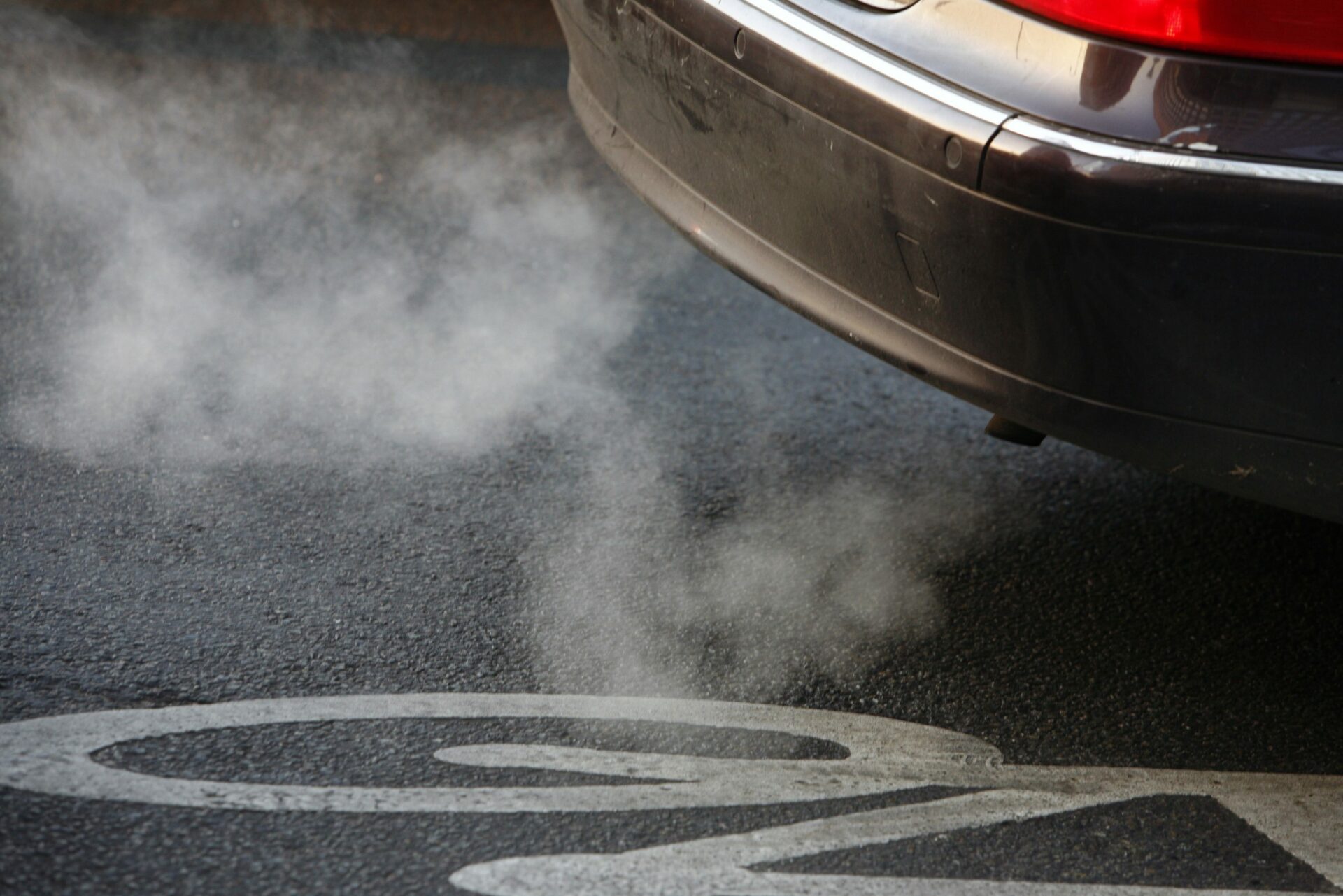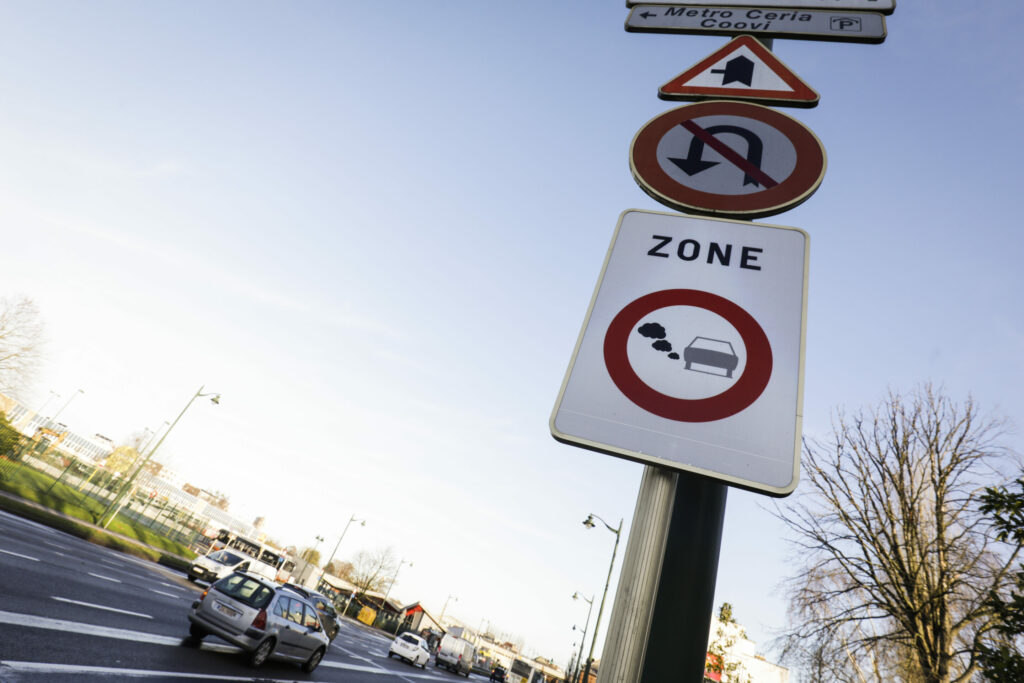A "bombshell" was dropped on the Brussels Government formation negotiations when several French-speaking parties decided they wanted to postpone the implementation of stricter Low Emission Zone (LEZ) standards. In response, the Dutch-speaking socialist Vooruit party has put a compromise on the table.
Last week, the French-speaking majority (liberal MR, socialist PS and centrist Les Engagés) of the future Brussels Government announced that they wanted to put a proposal to Parliament to postpone several measures for two years. This includes the next phase of the LEZ – which would ban Euro 5 diesel vehicles – from January 2025.
In response, Vooruit has said that they are "open to a temporary postponement for the fuel categories that will no longer be allowed on 1 January 2025, but with a specific and social condition as a measure: the exception only targets vulnerable people who do not have the means to buy a new eco-friendly car."
While the Dutch-speaking socialists would prefer to adhere to the original LEZ timeline, the party understands why such a postponement was proposed – even if it sees a number of shortcomings in what is now on the table.
Reconciling interests
Therefore, Vooruit is putting its own proposal on the table, seeking a fair balance between improving the air quality and people's public health, and also the expectations created by the government and the measure's economic feasibility.
"We want to send a clear signal that Vooruit does not want to abandon the LEZ ambitions. Brussels' air quality is still among the worst in Europe and has a demonstrably pernicious effect on the health of our residents and especially children walking the streets," said Brussels' Vooruit group leader Pascal Smet.
Specifically, Vooruit now proposes that people in a socio-economically precarious situation – those who cannot financially afford to suddenly buy another car – are entitled to a one-off two-year postponement; if a person is eligible for the so-called "increased allowance" for medical care, they will also be eligible for the extension.
"We do not want to be blind to those who cannot keep up. Our proposal has the added value of reconciling both interests as much as possible by only intervening in a limited way where necessary," Smet said.

CO2 emission of smoke coming out from a car muffler in the streets of Brussels. Credit: Belga / Aude Vanlathem
The same criterion is already used for setting the social water tariff in the Brussels-Capital Region, but also for preferential rates or exemptions for the LEZ in Antwerp or Ghent, for example.
This more balanced proposal also considers those who have already made the necessary financial commitments to have a vehicle that meets the emission standards associated with the LEZ calendar.
Air pollution has dire effects on the health of Brussels residents: exposure to particulate matter and nitrogen dioxide is responsible for diseases and premature deaths, as well as having a significant economic cost for society. Therefore, the LEZ aims to gradually ban the most polluting vehicles from the Belgian capital.
"We want to work on solutions. We are putting this proposal on the table because we realise that part of the population does not have the financial means to keep up with our climate and air ambitions," said Vooruit's Ilyas Mouani. "Everyone must be able to keep up. Instead of just abandoning those ambitions, we are looking very specifically at who can use an extra push."

